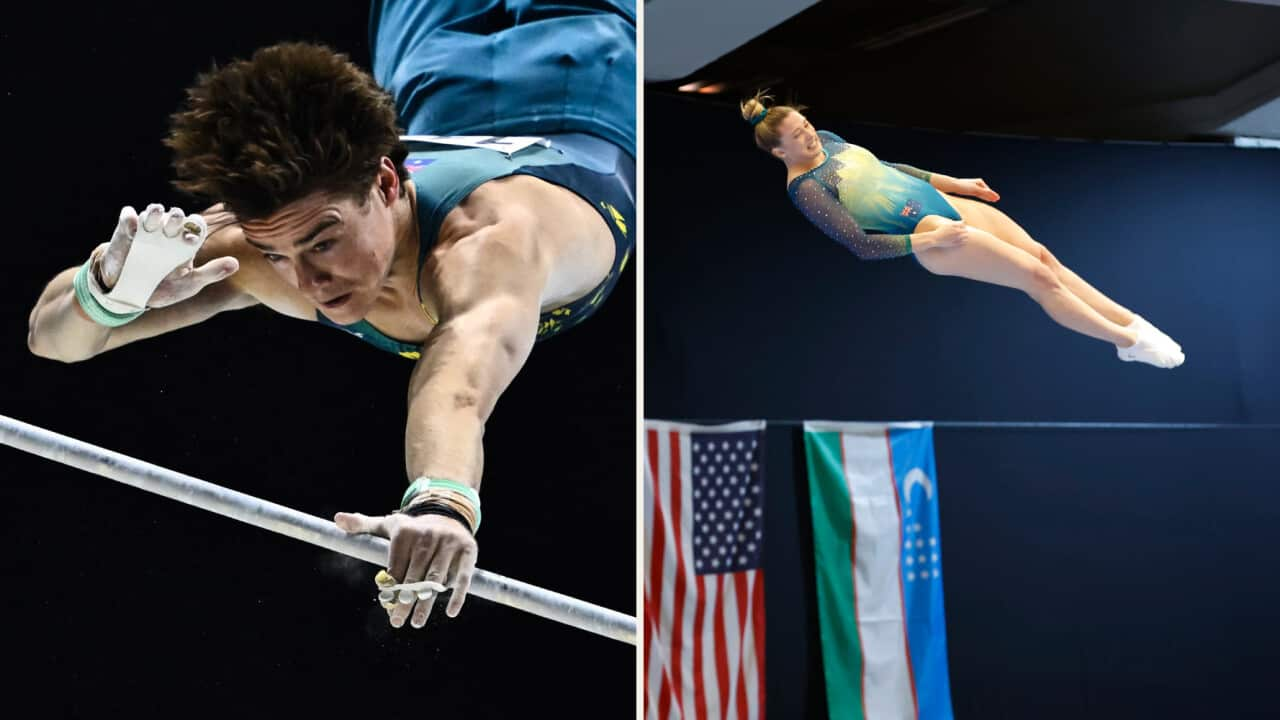After 129 matches and 23 goals, after the midweek 1-1 draw with Panama. He leaves the field with football in his country on a very different footing from the one it was in January 1999, when the 18 year-old Arango climbed off the bench to make his debut against Denmark.
Johnny Warren’s mission was to plant and grow the seed of football in terrain that many said would not prove fertile. Arango has done something similar.
Unlike the rest of the continent, Venezuela appeared unable to catch the footballbug. It was a land of baseball and beauty contests. Football existed, but it was a flame kept alive by European immigrants, often from Spain, Italy or Portugal. Some in Venezuela even saw it as a middle-class sport. The popular passion was not for goals but to score a ‘jonron’ – the local translation of a baseball home run.
Arango, though, was the son of immigrants with a different history. His parents were from neighbouring Colombia, so he grew up with a solidly South American conception of the game of football and its importance – a feeling that he has helped spread among his countrymen.
It is probably the case that two conditions had to be met in order for football to take off in Venezuela – and that Arango helped supply both of them.
The first was for the national team to start winning. Since the dawn of time Venezuela had taken the field largely concerned with losing by as few goals as possible – never a mentality likely to inspire a population that had little emotional connection to the game. It was still the mentality when Arango first got into the national squad.
Things began to change when a local coach, Richard Paez, took charge. He was prepared to gamble on a more aggressive approach, and towards the end of 2001 the team responded. It made a strong finish to the 2002 World Cup qualifiers, and the youthful Arango, a rangy attacking midfielder with a booming left foot, was one of his most potent weapons.
Perhaps Arango’s finest 90 minutes in a Venezuela shirt came in March 2004, when the team went to Uruguay’s legendary Centenario stadium in Montevideo for a World Cup qualifier and came back with a 3-0 win. To put the result in perspective, at that time Brazil had yet to win a competitive match in the Centenario. Arango was the star of the show, scoring one and pulling the strings. Suddenly Venezuela had a team that allowed the people to dream of qualifying for the World Cup.
There was another factor behind the rise of football in Venezuela, one which has to do with the globalisation of the game. Television started carrying the spectacle of big -ime European club football into Venezuelan homes, and many began to enjoy it. And they enjoyed it all the more when they could identify with one of the players.
Arango left home to go to Mexican football in 2000, and returned there last year to join Tijuana. But for a decade he was on the other side of the Atlantic. Between 2004 and 2009 he played for Real Mallorca in the Spanish league, and from then until 2014 he was in Germany with Borussia Monchengladbach.
In both league he was a glamour player, catching the eye with his creativity and with his glorious free kicks. Venezuelans could beam with pride – one of their own was putting on a show for the world to see.
In 2007 Venezuela hosted the Copa America for the first time, using the opportunity to invest heavily in stadiums and expand the domestic first division. More than anyone else, Arango had made this viable. Then-president Hugo Chavez, a baseball nut, made frequent references to football in his lengthy speeches. During the tournament it seemed as if the entire country was wandering round in Arango’s characteristic No. 18 shirt.
It did not quite work out for him. Those Uruguayans exacted full revenge for that 2004 defeat. Arango’s only goal in the competition was the equaliser in the quarter final – but Uruguay turned the screw in the second half and ended up winning 4-1.
Similarly it was a tale of ‘so near bit so far’ in a succession of World Cup qualification campaigns. Arango played in a total of 56 qualifiers, scoring 12 goals. During that time the team were competitive but not quite good enough to go all the way.
Now it will have to go into the 2018 campaign, which gets underway next month, without the man who coach Noel Sanvicente called “the greatest Venezuelan player of all time, who opened lots of doors”.
Sanvicente has a point. Now many of the hopes are built around big centre forward Salomon Rondon, who recently became West Bromwich Albion’s record signing. European opportunities for him and other Venezuelans have clearly increased as a consequence of the career of Juan Arango.
Johnny Warren, of course, did not give up the fight when he hung up his boots. The struggle was only starting, as he took to the pen and the microphone to continue his quest to develop the game of football in Australia.
It is not clear what Arango will do. He is still a club player in Mexico. Sanvincente said that he has a glorious future in coaching if he wants it.
Even if he never does anything else in the game, Venezuelan football owes a huge debt to Arango's magnificent career.
This was no ‘jonron’ – he smashed it, left footed, right into the top corner.










